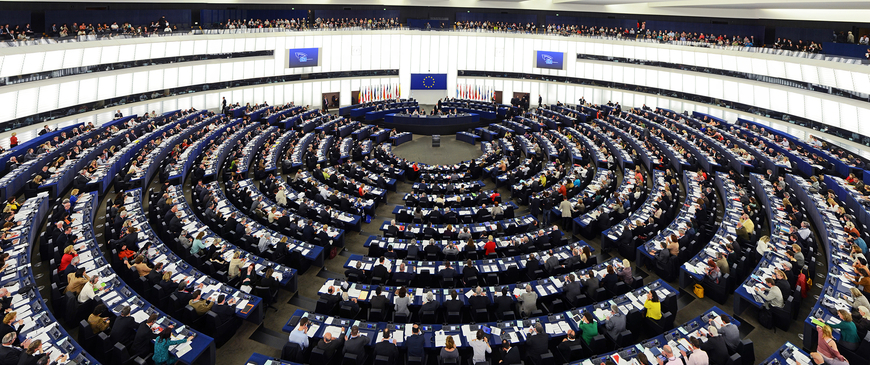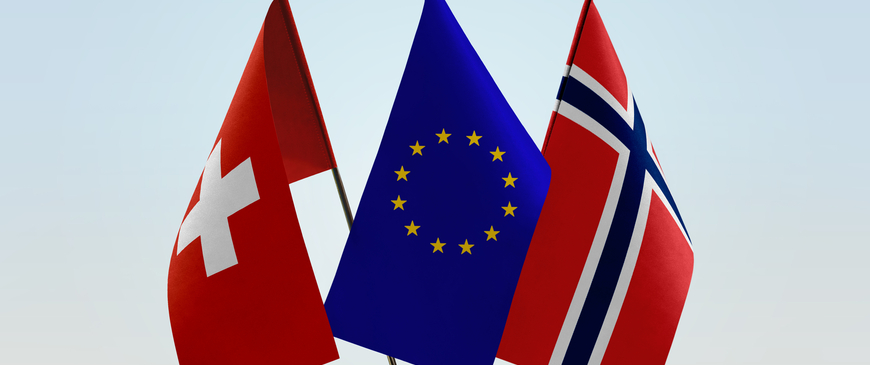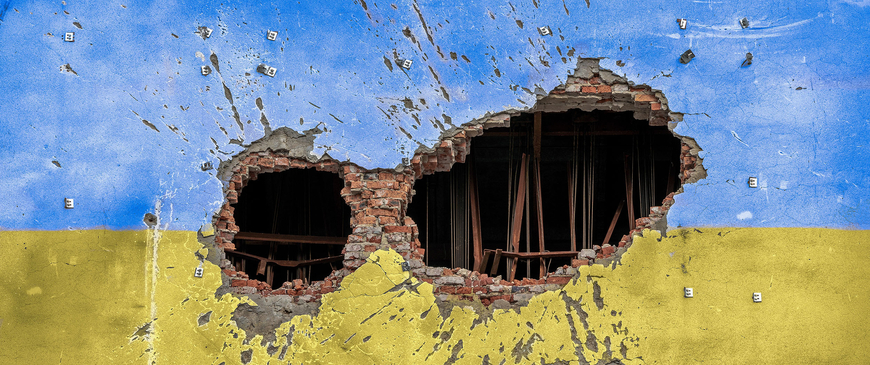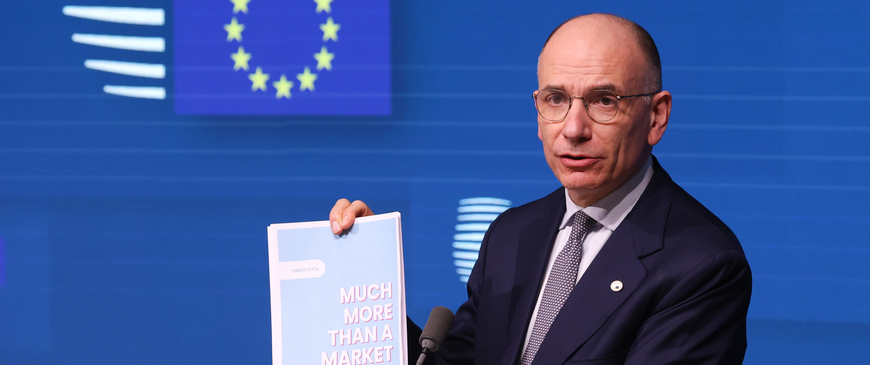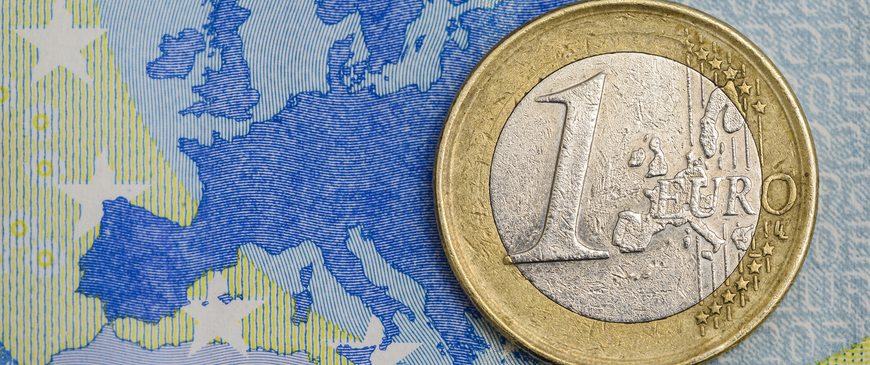Research
Annual report - 2010
In 2010 the eurozone descended into a crisis that is likely to continue for a long time. Despite the single currency’s problems, I remain convinced that it is, in principle, a good idea. The euro reinforces the single market and enhances economic efficiency. It has succeeded in boosting trade, cross-border investment and the integration of capital markets within the eurozone. Handled in the right way, the euro will lead to more political cohesion among the member-states.
Annual report - 2009
How the world has changed since the CER was conceived in the mid-1990s. Our first ever pamphlet, written in 1996 by a distinguished European, Ralf Dahrendorf, set out a vision for the kind of outward-looking, pragmatic, economically liberal Europe that the CER has championed ever since. But in ‘Why Europe matters: A personal view’, he did not mention climate change, energy security, Russia, China, terrorism or migration, all topics that now keep the CER busy.
Annual report - 2008
The year 2008 was one of rapid change and uncertainty, which may come to be seen as a bigger turning point in the history of Europe than 1968 or 1989. The Irish voted No to the Lisbon treaty, Russia conquered parts of Georgia, some of Europe’s biggest banks went bust, the state increased its role in many economies, and Europe prepared for its worst recession since the 1930s.
Annual report - 2007
The signing of the Treaty of Lisbon in December 2007 may well prove to have been an important step in the history of the European Union. Not because the treaty will lead to big changes in the way the EU works – it will not, though it does promise to make the institutions more effective. But the agreement on the new text – assuming that all 27 members ratify it in 2008 – should allow the EU to leave behind six years of dull and sometimes acrimonious debates on treaties, institutions and constitutions.
Annual report - 2006
At the start of 2007 it was easy to be gloomy about the state of the European Union. Its governments cannot agree on the institutional changes that are needed to make the EU run better. The core euroland economies are stifled by a lack of structural reform. Externally, the member-states differ on how to deal with their large and worrisome neighbour, Russia. The Union’s underlying philosophy of openness and integration, and of co-operating and pooling sovereignty to solve common problems, has few eloquent proponents among European leaders.

